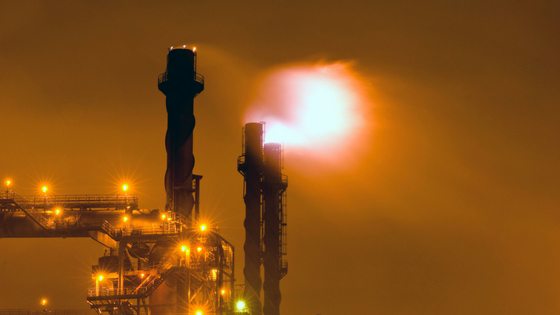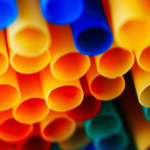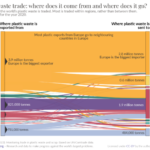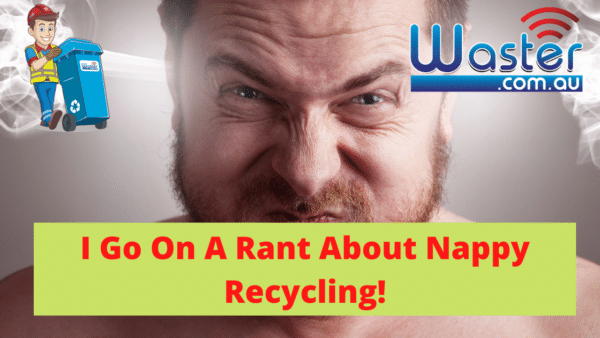Plastic Energy 🔋 – Is Making Energy From Plastic Waste Really As Good As We Think?
Energy Disrupter
Plastic Energy 🔋: Society up to this day still continues to find the remedy for the plastic crisis we face today. One solution they have come up with is burning it to generate energy. But is it even reasonable to do so? We take a closer look at it.
A bit about Waster
Before we tackle plastic energy, let me share with you more information about Waster itself.
>>Download Now: Free PDF Business Owners Guide To General Waste Bin Services
We here at Waster provide you with innovative solutions for you and your business’s waste management and recycling needs. Furthermore, we provide flexible, 30-day contracts instead of the typical lock-in contracts, which proves to be better.
Click on the blue button to learn more.
READ: Benefits Of Shopping Local 🍅🍎
Is burning plastic for energy a good idea?
What can we do with the heaps of plastic waste floating in our world’s oceans? Scarily enough, 8 million metric tonnes of plastic roam our ocean every year. And it can only increase if we do not come up with a solution urgently.
[embedded content]
In our past blogs, we have discussed generally everything about plastic. This includes topics like plastic machines and plastic bottle recycling. Additionally, we even discussed plastic affecting one’s fertility. But are all of these enough to truly address it? Is there any other way to truly rid of the plastic crisis?
Many in the waste industry think that burning it is one way to go. After all, it may seem like a win-win situation. You get rid of plastic and generate energy at the same. In short, you maximise the value of waste! That seems good, right? But is it really?
Plastic to Energy technology
One question might come to your mind while reading this. “How do you turn plastic into energy?” This section will help you understand the process.
There are quite a number of plastic-to-waste facilities here on Earth. One such example is the Union County Resource Recovery Facility. It is operated by the company Covanta partnered up with the local government in Rahway, New Jersey in the US. Instead of coal or natural gas, it burns rubbish to generate electricity.
Inside, you can find garbage trucks unloading their collected rubbish onto the floor. All sorts of unrecyclable garbage can be found here. Employees working here bulldoze assorted waste like toys, broken furniture, and countless amounts of plastic rubbish into a 10-metre deep pit. Two giant claws mix them up like tossing a salad.
After mixing it up altogether and forming it uniformly, the trash is then sent to the hopper wherein it is incinerated at 1,100 degrees Celcius. This facility processes 1,400 metric tonnes of waste every day. The boiler present there generates steam heated to 450 degrees Celcius, capable of powering turbines with a capacity of 42 MW. This can provide power for about 30,000 homes.
Additionally, magnets are also present in the facility that recovers the ferrous and nonferrous metals mixed along with it. The recovered metals are then sent to recycling facilities for treatment and processing. At the end of the plastic to energy technology process, about 10 per cent of the garbage not included is sent to landfill.
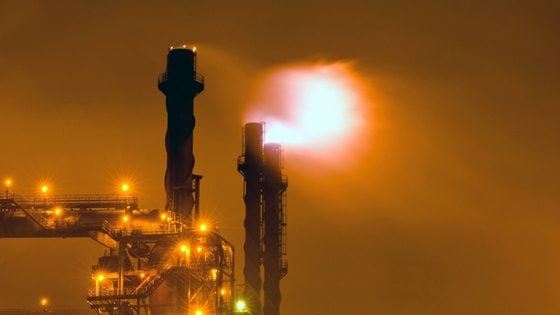

Maybe it is not
Before continuing with the topic, have you heard of Waster’s charitable partnership with Greenfleet? We decided to help in reducing carbon emissions by teaming up with them!
You might have read some articles that say Sweden only sends 3 kg of waste every year into landfills. Additionally, you may have also read that this is due to them turning plastic into energy by burning it. Can other countries replicate Sweden’s efficiency in treating plastic?
Maybe not. We should not risk it. After all, there are many disadvantages to burning plastic for energy. This includes (inspired by Environmental Defence Canada – Vito Buonsante):
1. It increases pollution instead of reducing it
As I have already stated above, there are two reasons for the burning of plastic. First, that is to reduce plastic. Second, that is to generate energy. But obviously enough, this only increases pollution. That is the biggest problem with energy recovery from plastic waste. Manufacturers will continue to create plastic in huge numbers and we cannot do anything about it; collecting it will only prove harder as time passes by. Burning does very little in the efforts to reduce plastic pollution. In fact, it produces a different kind of pollution: air pollution. The smoke emitted contains harmful pollutants such as dioxins and heavy metals that compromise human health.
2. The creation and maintenance of plastic waste-to-energy is expensive
Obviously, the pieces of equipment used from the waste collection up to its incineration are expensive, to say the least. An excerpt from the Environmental Defence article stated that:
The cost of building, managing and operating an incinerator is significantly high.Incineration facilities require expensive power generators that cost millions to build and operate. They require a continuous supply of waste to keep running and that means a steady collection of waste.
3. It is unsustainable
Simply put, it requires the use of so many natural resources to make it work. First of all, 99 per cent of plastics are using fossil fuels. This means that putting plastic in incineration facilities is as unsustainable as burning any other fossil fuels. Additionally, burning plastic waste to turn it into energy encourages the production of plastics more because why put it there anyway? It is because they would want to power it up and provide energy, right? As a result, the opposite of the purpose happens. Instead of encouraging the people to cut down on plastic waste, the opposite occurs. The community is then encouraged to bring in more plastic to keep the machine functioning.
Plastic energy: conclusion
- There are quite a number of plastic waste-to-energy facilities that aim to reduce plastic pollution.
- Burning plastic to produce energy is not environmentally friendly as many have already noticed.
- Aside from pollution, it is also very costly and resource-consuming.
Waster: things you need to know
If you’re looking for recycling bins, check our waste recycling shop and find the best deals in terms of pricing and services.
Also, please call 1300 WASTER (1300 927 837), or email us at [email protected] if you have any further questions.


